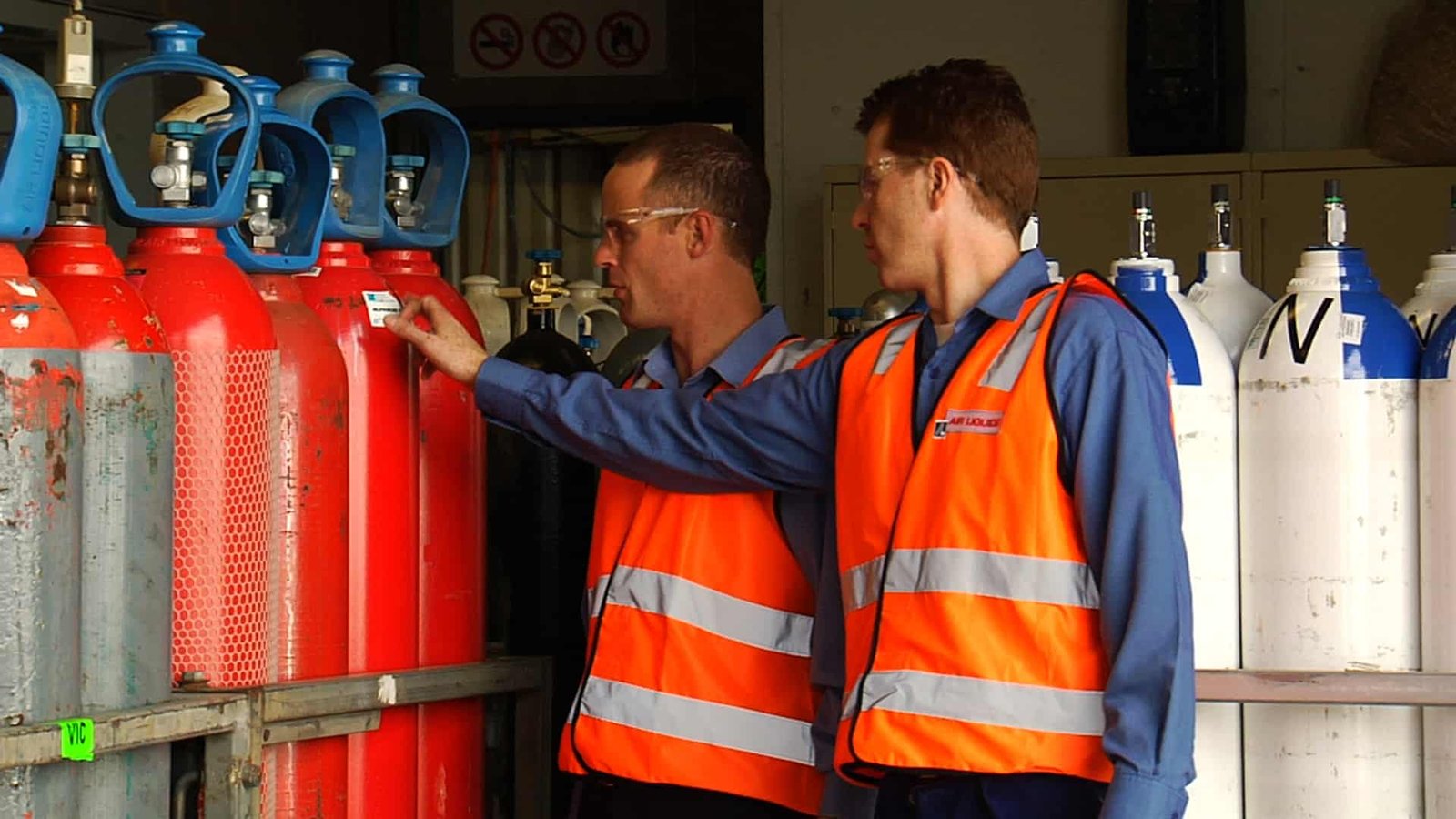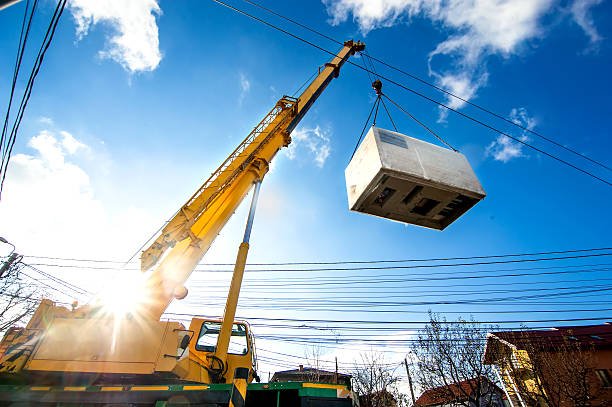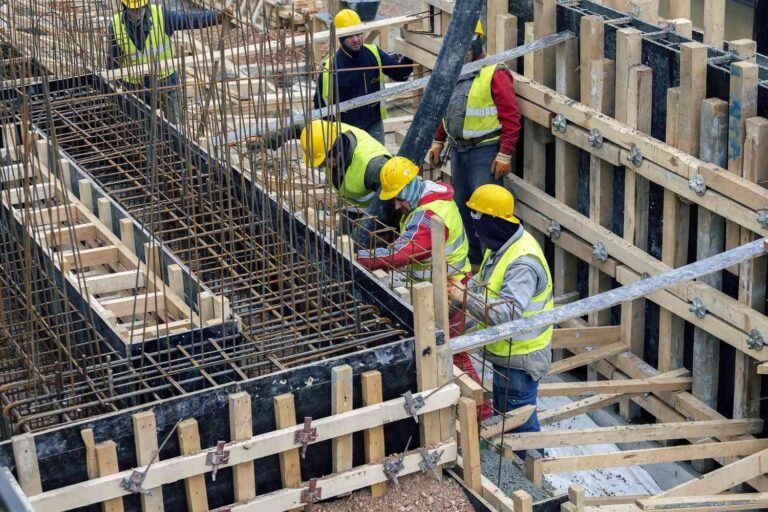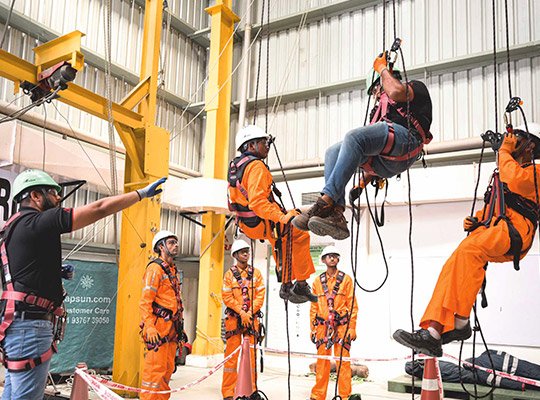Working with Compressed Gas Cylinders – 12 Modules | One Day USD: 150/- and Two Day USD: 250/- Per Pax.
Description
Module 1: Introduction to Compressed Gas Safety
- Importance of safe handling of compressed gases
- Common types of gases: oxygen, acetylene, nitrogen, CO₂, propane
- Regulatory standards (OSHA, CGA, ISO 11625, ISO 45001)
Module 2: Hazards Associated with Compressed Gases
- Physical hazards: explosion, pressure release, projectile risks
- Health hazards: toxicity, asphyxiation, chemical burns
- Fire and reactivity risks
Module 3: Cylinder Identification and Labeling
- Color coding and markings for different gases
- Reading cylinder labels and hazard information
- Signal words and hazard pictograms
Module 4: Personal Protective Equipment (PPE)
- Gloves, goggles, face shields, and protective footwear
- PPE for handling reactive or toxic gases
- Inspection, maintenance, and proper use
Module 5: Cylinder Storage Requirements
- Segregation of flammable, oxidizing, and inert gases
- Securing cylinders upright and using chains or racks
- Ventilation, temperature, and access control
Module 6: Handling and Transportation
- Safe lifting and moving techniques (trolleys, carts)
- Avoiding dropping, dragging, or rolling cylinders
- Transport regulations and vehicle securing
Module 7: Cylinder Connection and Use
- Checking valves, regulators, and hoses before use
- Correct sequence for opening and closing valves
- Avoiding leaks, contamination, and backflow
Module 8: Gas Leak Detection and Response
- Identifying leaks by sound, smell, or detection devices
- Immediate actions to control and contain leaks
- Reporting procedures and evacuation if necessary
Module 9: Fire Prevention and Hot Work
- Risks of flammable or oxidizing gases near heat sources
- Hot work permit requirements and fire watch
- Safe separation distances from ignition sources
Module 10: Emergency Procedures
- Evacuation and alarm systems for gas incidents
- First aid for exposure, asphyxiation, or burns
- Coordination with emergency responders
Module 11: Inspection, Maintenance, and Recordkeeping
- Regular cylinder, valve, and regulator inspections
- Leak testing and preventive maintenance
- Documentation and compliance with regulations
Module 12: Continuous Improvement and Safety Culture
- Training and refresher programs
- Lessons learned from near misses and incidents
- Promoting a proactive gas safety culture
View more Courses
Hi, Welcome back!






